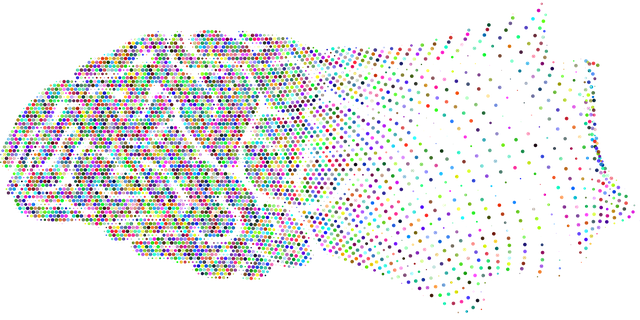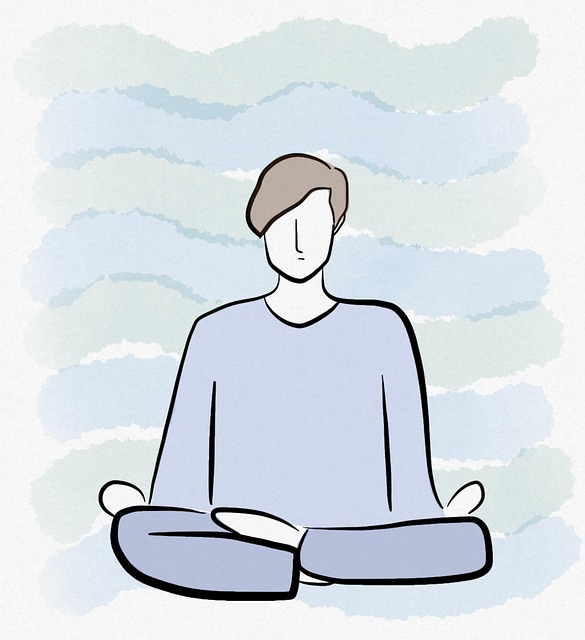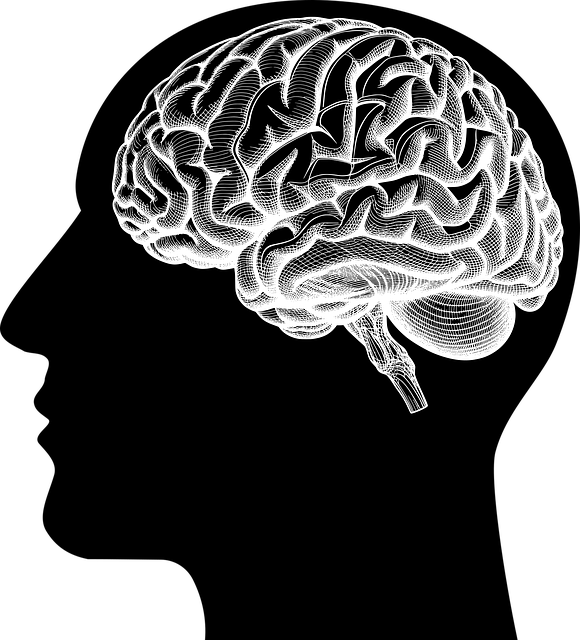As society ages, addressing mental health in seniors becomes crucial. The media plays a significant role in shaping perceptions of geriatric mental illness, often reinforcing stereotypes and oversimplifying complex issues. Accurate media portrayals, featuring diverse narratives and highlighting tailored therapy programs like mental wellness coaching, can reduce stigma, foster understanding, and encourage elders to seek support for conditions such as depression, anxiety, or schizophrenia. By challenging ageism and promoting positive representations of elderly characters managing mental health through various coping mechanisms, media can significantly impact public empathy and access to services like therapy for elders geriatrics.
In an aging global population, understanding mental health issues among the elderly is crucial. This article delves into the current state of media portrayal of geriatric mental illness, highlighting stereotypes and misconceptions that perpetuate societal challenges. We propose effective strategies for positive representation, emphasizing the importance of therapy and support systems in media narratives featuring elderly characters. By implementing these solutions, we can foster greater awareness and reduce stigma, ensuring better care and understanding for geriatrics suffering from mental health issues.
- Understanding Mental Health Issues in an Aging Population
- Current State: Media Portrayal of Geriatric Mental Illness
- The Impact of Stereotypes and Misconceptions in Media
- Effective Strategies for Positive Representation
- Implementing Therapy and Support Systems for Elderly Characters
Understanding Mental Health Issues in an Aging Population

As our population ages, understanding mental health issues among older adults becomes increasingly vital. The unique challenges faced by seniors, such as loneliness, isolation, and cognitive decline, often manifest as mental health concerns. Many elderly individuals struggle with conditions like depression, anxiety, and even dementia, which can significantly impact their quality of life. Recognizing these issues is the first step towards providing appropriate support and treatment.
Therapy for elders and geriatrics plays a crucial role in addressing these challenges. Specialized programs focused on mental health care for seniors offer tailored solutions. Self-esteem improvement and positive thinking workshops, along with stress management sessions, can empower older adults to cope with their conditions effectively. Organizations dedicated to providing such services contribute to fostering healthier, happier communities for the elderly, ultimately enhancing their overall well-being.
Current State: Media Portrayal of Geriatric Mental Illness

The media’s portrayal of mental illness among geriatrics is a significant concern, as it often perpetuates stereotypes and misconceptions. The current narrative tends to depict older adults with mental health challenges in a limited and simplistic manner, typically focusing on severe cases such as dementia or depression. These representations rarely showcase the diverse range of issues, including anxiety, bipolar disorder, and schizophrenia, which can also affect this demographic. As a result, there is a lack of understanding and empathy towards geriatric mental health struggles, hindering the recognition and support needed for these individuals.
The media’s role in shaping public perception is immense, especially when it comes to sensitive topics like mental wellness among seniors. By promoting positive and nuanced portrayals, we can encourage therapy and support for elders facing mental health challenges. This shift could foster the development of effective mental wellness coaching programs tailored to geriatrics. Moreover, highlighting successful stories of older adults managing their mood through various therapeutic approaches can inspire others to seek help and boost confidence in their ability to maintain mental wellness.
The Impact of Stereotypes and Misconceptions in Media

Media representation plays a pivotal role in shaping public perception about mental illness, often impacting how society understands and treats those affected. Stereotypes and misconceptions prevalent in media can perpetuate harmful ideas, leading to further marginalization of individuals with mental health challenges. For instance, depicting elderly people solely through the lens of their illness, especially when coupled with ageism, can hinder access to necessary support services like therapy for geriatrics.
The portrayal of depression and other mental ailments is particularly critical. Media often contributes to the normalization or sensationalization of these conditions, influencing how viewers understand prevention and treatment. Efforts towards mental illness stigma reduction require accurate representation that fosters cultural sensitivity in mental healthcare practice. This shift can encourage open conversations, reduce fear, and promote proactive measures like early intervention and depression prevention strategies among vulnerable populations.
Effective Strategies for Positive Representation

In representing mental illness in media, a shift towards positive and accurate portrayals is crucial for fostering mental health awareness and reducing stigma. One effective strategy is to showcase individuals with mental illnesses as relatable characters with diverse backgrounds, including an exploration of issues specific to the elderly population through geriatrics-focused narratives. By incorporating stories that highlight the complexities of aging and mental health, media can challenge stereotypes and promote understanding. For instance, depicting older adults successfully managing conditions like depression or anxiety through therapy, support groups, and coping skills development can be empowering.
Additionally, providing a balanced view by featuring characters who are not only battling illness but also thriving, and incorporating real-world expert insights, can contribute to more nuanced representations. This approach ensures that audiences gain insights into the burnout prevention strategies and resources available, ultimately encouraging open conversations about mental well-being. Such positive representations can significantly impact public perception, fostering empathy and support for those facing mental health challenges.
Implementing Therapy and Support Systems for Elderly Characters

The media plays a significant role in shaping societal perceptions and attitudes towards mental health. When depicting elderly characters, it is crucial to move beyond stereotypical portrayals and showcase their complexity, including their struggles with mental illness. Implementing therapy and support systems for geriatric individuals in media narratives can foster understanding and reduce stigma. Many older adults face unique challenges related to age-related cognitive changes, social isolation, and chronic health conditions, which can contribute to anxiety, depression, or other mental health issues. Therefore, representing these characters receiving appropriate therapy, such as compassion cultivation practices, can offer a more nuanced and accurate view of their experiences.
By integrating emotional regulation strategies and showcasing the importance of healthcare provider cultural competency training, media platforms can encourage empathy and improve access to support for real-life elderly audiences. These representations can inspire conversations about mental health within older adult communities and promote the idea that seeking help is a sign of strength.
The media’s role in shaping societal perceptions of mental illness is significant, especially regarding geriatric populations. By challenging stereotypes and implementing positive representation strategies, such as showcasing therapy and support systems for elderly characters, we can foster a more compassionate understanding of mental health issues among aging adults. Encouraging accurate and diverse portrayals in media is essential to breaking down barriers and ensuring that the unique needs of geriatrics are recognized and addressed, ultimately leading to improved access to care and enhanced quality of life for this demographic. Effective media representation can drive meaningful change by promoting empathy, reducing stigma, and advocating for better mental health support systems tailored to elders.














